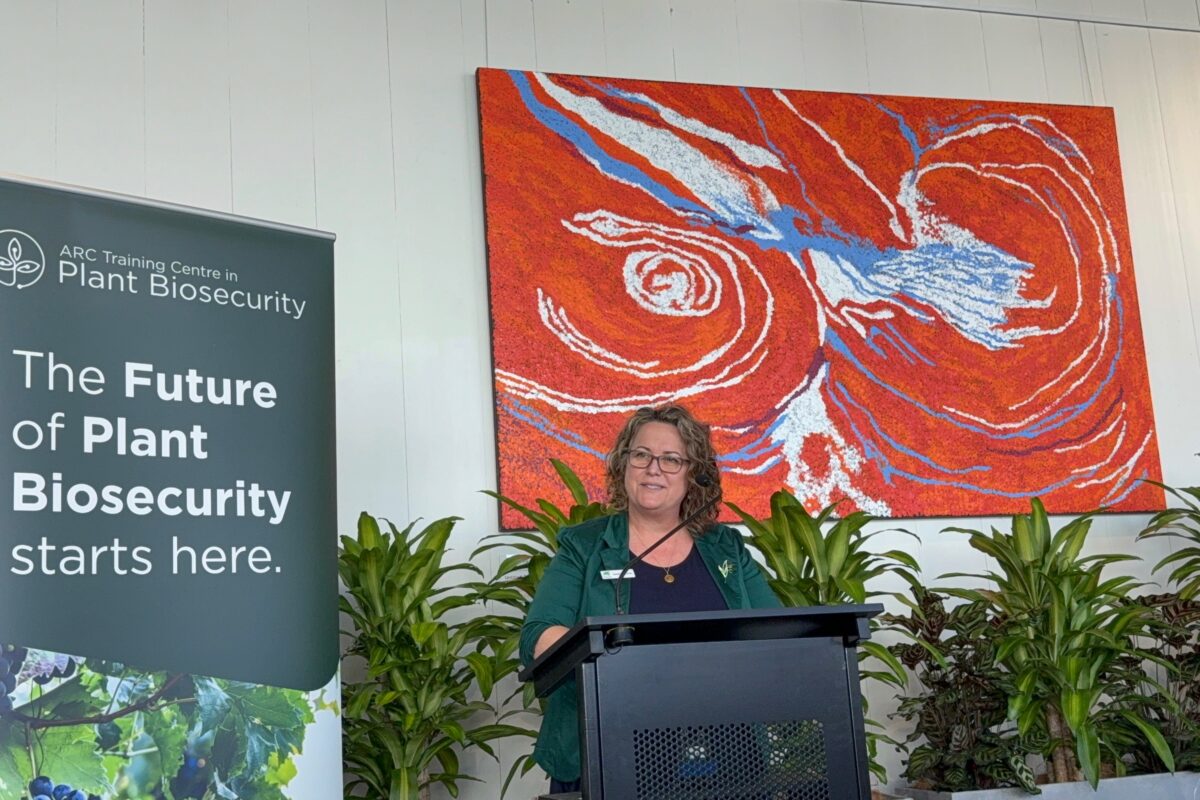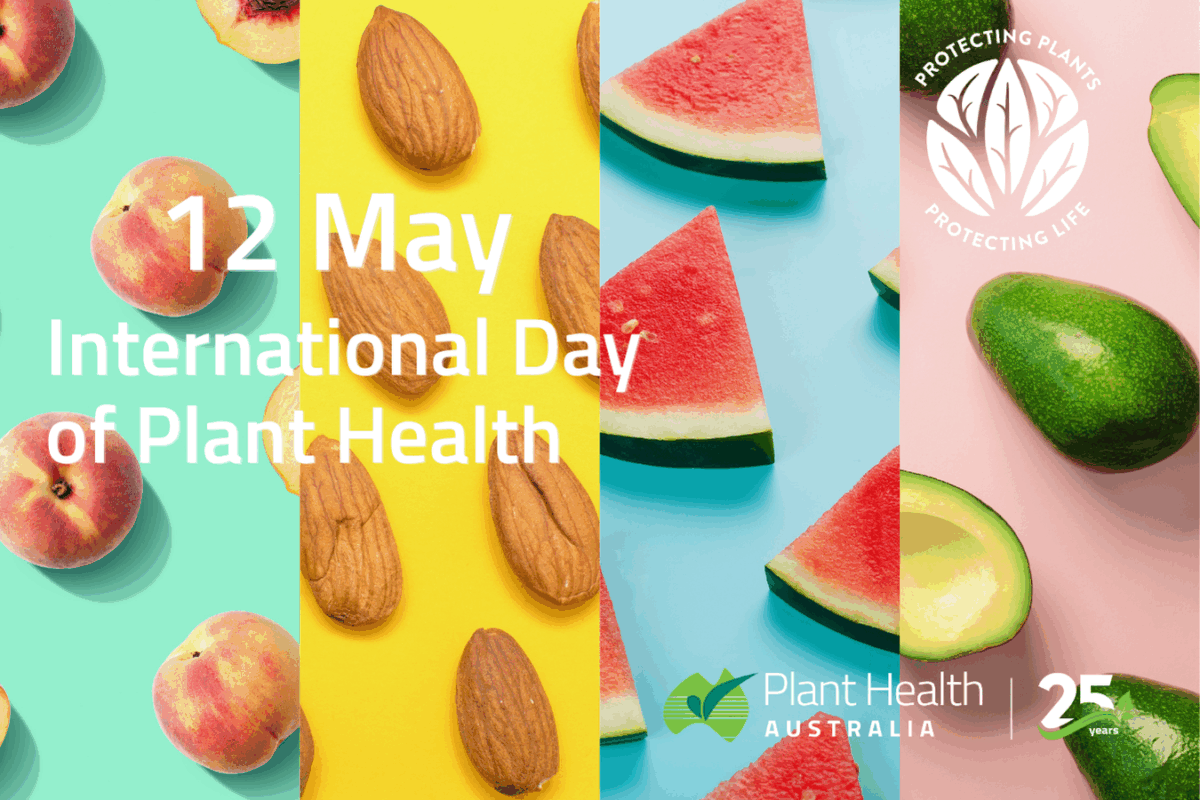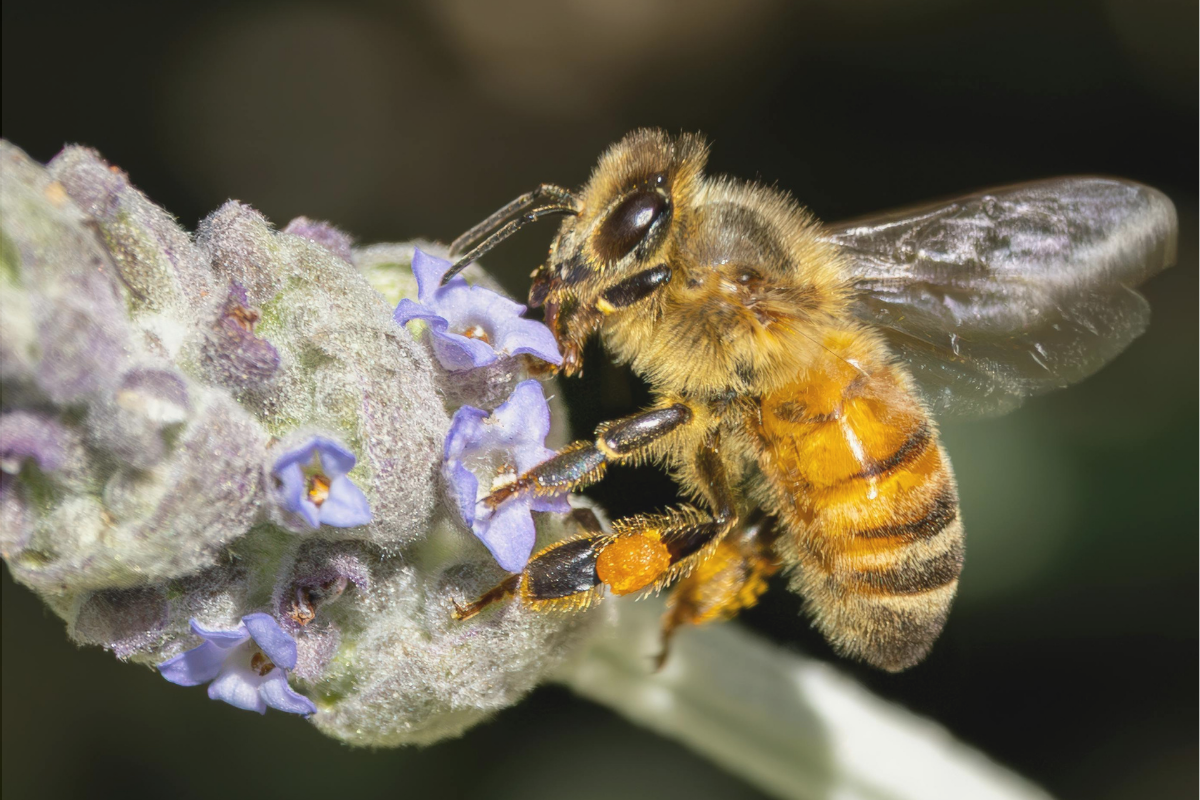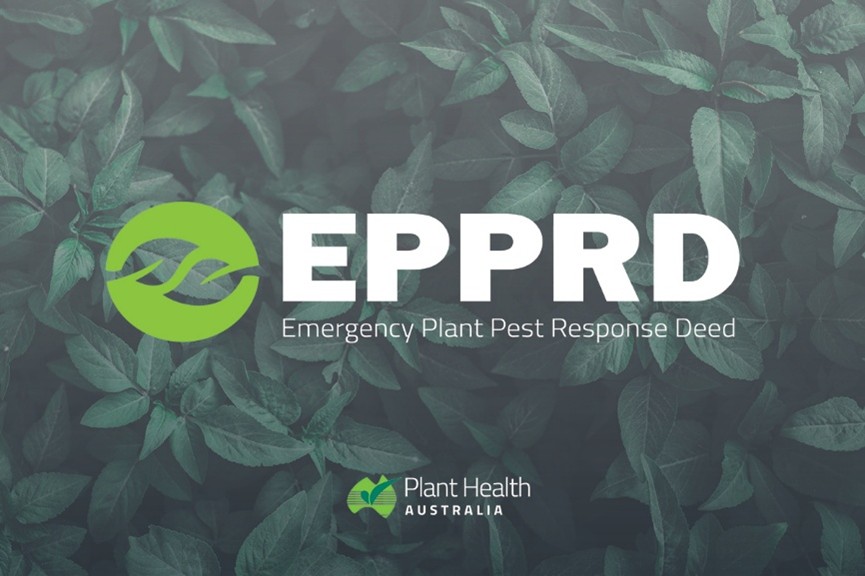Celebrating International Day of Plant Health 2025
International Day of Plant Health (IDPH) is a United Nations-recognised observance held annually on 12 May to raise global awareness of the critical role plant health plays in ending hunger, reducing poverty, protecting biodiversity and ecosystems, and supporting economic growth.
Each year, IDPH features a dedicated theme and this year’s theme was The Importance of Plant Health in One Health, highlighting the vital role healthy plants play in supporting the interconnected health of humans, animals, and the environment.
This year also marks 25 years of PHA working across industry and government to strengthen Australia’s plant biosecurity system. Thanks to decades of collaboration, innovation and resilience, Australia now has one of the world’s most robust biosecurity systems. These efforts help keep crops safe, secure international trade, and support farmers and regional communities.
On 12 May, Sarah Corcoran, PHA CEO, spoke at the official opening of the Australian Research Council (ARC) Training Centre in Plant Biosecurity that coincided with IDPH 2025. The $10 million, five-year initiative, led by the Australian Research Council (ARC), will train the next generation of biosecurity researchers and professionals.
“Biosecurity only works when we work together and the ARC is a shining example of that principle in action,’ Sarah said.
The success of our biosecurity system relies on shared responsibility for shared benefit. Partnerships are one of PHA’s cornerstones and we recognise the value of collaboration between our Members, the supply chain, and the science and technology community. PHA’s partnership projects are applied, relevant, and meaningful, and some of these include:
- CitrusWatch is a collaboration between PHA, Citrus Australia, the Northern Territory Department of Industry Tourism and Trade, and Cesar Australia, the program is a national citrus biosecurity and surveillance program that extends across commercial production zones, to high-density, urban and peri-urban regions.
- Nationally Integrated Surveillance System for Plant Pests (NISSPP) is being led by PHA to investigate requirements for the development of a NISSP and deliver a framework to address future plant pest surveillance needs.
- Pest and Disease Image Library (PaDIL) is an online scientific identification tool hosted by PHA, containing high-quality diagnostic images and information tools designed to assist agronomists, biosecurity officers, diagnosticians and researchers both in Australia and overseas.
- National Biosecurity Training Hub is hosted by PHA and is a centralised coordinated platform that offers national visibility and accessibility of biosecurity-related online training, across government and industry, in a single location.
Given PHA’s close relationship with agricultural industries and scientific communities, the 2025 One Health theme is particularly relevant, and serves as a timely reminder that plant health underpins the broader success of One Health outcomes.
Learn more: International Day of Plant Health.






